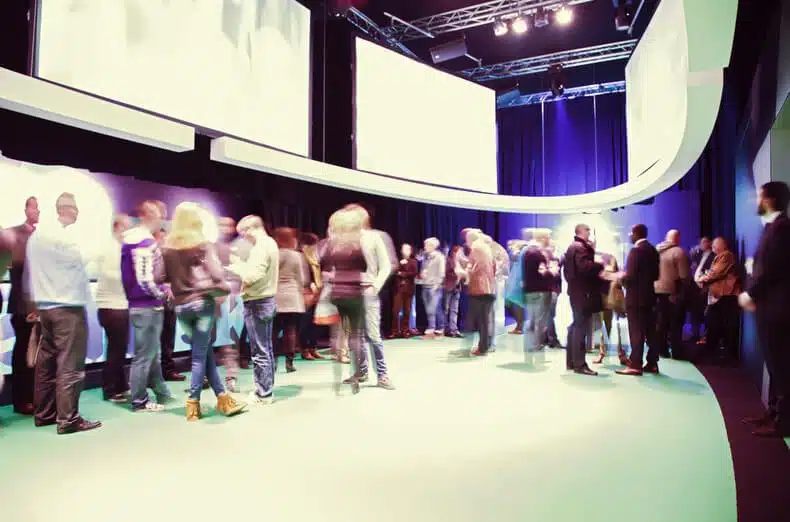How to Communicate With Attendees Before Your Fundraising Event


Full Platform Overview Chat With Us



Full Platform Overview Chat With Us




Congratulations! You’ve worked hard to plan and execute an amazing event, and you even have a ton of ticket sales to show for it. While one of your biggest challenges is out of the way, your communication strategy to your incoming attendees can be a crucial component of your event’s execution.
As a co-founder of Accelevents, and co-host of an annual 1,000-person charity event, I’ve tested and learned effective communication strategies that help keep attendees engaged and informed in the days and weeks leading up to the big event. In this post, I’ll outline those strategies for you and provide you with a few topics to consider when communicating with your attendees pre-event. Enjoy!
When people purchase a ticket to your event, they are displaying their interest in your cause to the degree that they were willing to pay in order to show it! At this point, it is critical not only to highlight your thanks to these attendees but also to keep them informed.
We recommend sending a communication to your attendees as early as possible after their initial ticket purchase. Regardless of the ticketing or registration provider that you use for your event, make sure you are sending your guests a confirmation email immediately after their ticket purchase.
From here, we recommend keeping your audience engaged by sending updates on any news for the event. These updates can be sent once or twice per month.
In addition to updates specific to your event, we would recommend enrolling your attendees in your organization’s donor management tool / newsletter (if they are not enrolled already). When your attendees are enrolled in your donor management system, you can keep them engaged and updated with news about your organization. Updates can include things like:
In order to reach your audience effectively, we also recommend providing updates to your guests across a variety of communication channels. Our favorites are email and social media. Of course, certain updates will be better for specific channels, while others make sense regardless of the channel.
For example, a confirmation update that includes a guest’s ticket would be more suitable for an email update, while telling your guests about a milestone of tickets sold to the event makes more sense as a social media update.
Before your event, we recommend creating a social media presence for your event or organization across the major channels (Facebook, Instagram, Snapchat, Twitter, LinkedIn). As you sell tickets and promote events, your social following will grow, and your profiles will become a go-to source for your guests to learn about new information leading up to your event.
Finally, you can use both email and social media to help promote your event through your existing attendees. When selecting a ticketing provider, we recommend using a platform that allows guests to share their ticket purchase experience via email or social media at the point of purchase. This prompt will turn your guests into some of your most effective event promoters.
While it’s amazing that your guests are supporting your event, your pre-event communication strategy is a great opportunity to include additional calls to action for your guests. These prompts can include:
Pre-Event Communication Examples
Once you’ve determined your pre-event communication strategy in terms of timing and channel, it’s time to establish the different types of updates you will be providing to your guests.
Below, you’ll find some of our recommended communication types, along with the suggested channel.
We recommend sending this email out two business days before your event so that your attendees will have the email handy as they prepare to attend. You can also send another reminder (the same email) the day of the event.
Conclusion
We hope you find these communication strategies and examples helpful as you prepare for your event. Feel free to provide your favorite tips in the comment section of this post. Good luck!

Comments
Armen S Boyajian